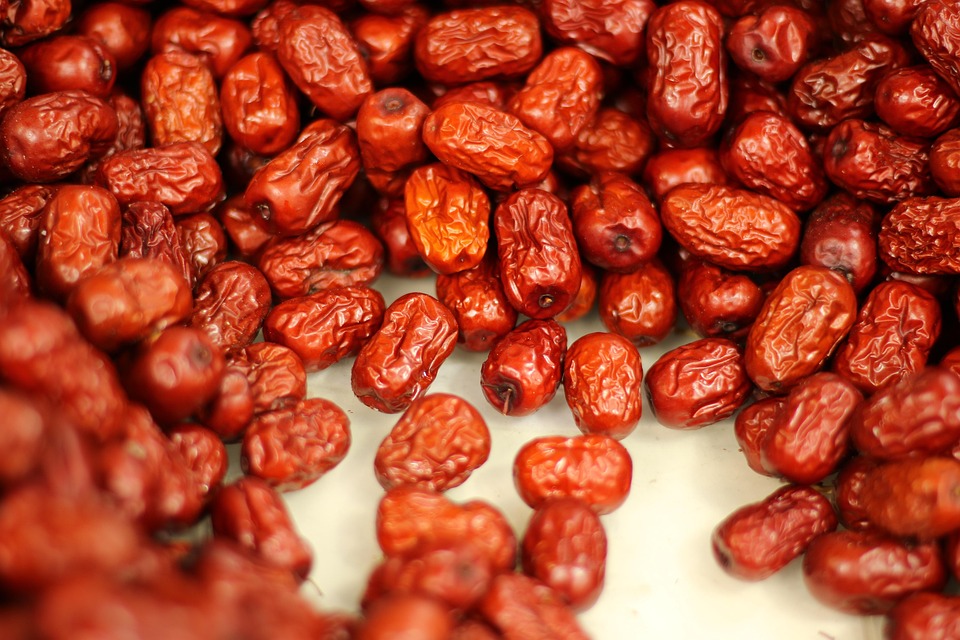Hydration Nation: The Importance of Water in Your Daily Diet
Introduction
Water is often referred to as the elixir of life. Despite its fundamental importance, many people have a misconception about hydration, sometimes overlooking the role it plays in overall health and well-being. In a world increasingly filled with sugary beverages, caffeinated drinks, and processed food, it’s vital to understand the significant role that water plays in our daily diet and overall health.
This article delves into the myriad reasons why hydration should be a priority for everyone. By understanding the science behind water’s function in the body, assessing optimal hydration levels, and debunking common myths, we aim to empower readers to make informed decisions about their hydration habits.
The Science of Hydration
1. Water Composition in the Body
The human body is composed of approximately 60% water, with this percentage varying based on age, gender, and body composition. Infants have about 75% water, which decreases to around 60% in adulthood[^1]. This vital fluid plays numerous roles, including:
- Temperature Regulation: Water helps maintain body temperature through the process of sweating.
- Nutrient Transportation: It aids in transporting essential nutrients and oxygen to cells.
- Waste Removal: Water is crucial for flushing out toxins and waste products from the body through urine and sweat.
- Joint Lubrication: Synovial fluid, which lubricates joints, is largely composed of water.
2. Daily Hydration Needs
The amount of water each individual needs can vary widely based on factors such as age, sex, activity level, and climate. The National Academies of Sciences, Engineering, and Medicine offers general guidelines, suggesting about 3.7 liters (125 ounces) for men and 2.7 liters (91 ounces) for women, which includes all beverages and food sources[^2]. In practice, athletes, those living in arid climates, or people with higher physical activity levels may need more.
The Health Benefits of Staying Hydrated
3. Enhancing Physical Performance
Hydration is paramount for athletes and active individuals. Even minor dehydration (1-2% of body weight) can lead to decreased performance, manifested as fatigue, reduced endurance, and impaired recovery[^3]. Maintaining fluid balance is crucial in maximizing physical performance, especially in prolonged or intense exercise.
4. Cognitive Function
Research shows that dehydration can impact cognitive function, leading to difficulties in focus, memory, and mood moderation[^4]. For students or professionals who require mental acuity, proper hydration becomes equally as crucial as a good night’s sleep or a healthy diet.
5. Digestion and Weight Management
Staying hydrated aids digestion and helps prevent constipation. Water consumption can also play a role in weight management, with studies indicating that drinking water before meals may promote satiety and reduce overall calorie intake[^5]. Additionally, substituting water for sugary drinks can significantly decrease daily caloric consumption.
6. Skin Health
Hydration is directly related to skin health. Adequate water intake helps maintain skin elasticity and supports the skin’s function as a barrier against environmental toxins[^6]. Dehydrated skin can lead to premature signs of aging and exacerbated skin conditions.
7. Kidney Function
One of the kidneys’ primary roles is to filter waste from the bloodstream. Water consumption supports kidney function, helping to dilute waste products and reduce the risk of kidney stones[^7]. Chronic dehydration can lead to serious complications and metabolic imbalance.
How to Ensure Adequate Hydration
8. Listening to Your Body
While guidelines are helpful, the most reliable measure of hydration is often the body itself. Thirst is a natural indicator of the need for fluids; however, by the time one feels thirsty, they may already be somewhat dehydrated. Monitoring urine color—aiming for pale yellow—is another effective method of assessing hydration status[^8].
9. Hydration Strategies
- Start Early: Begin your day with a glass of water to kickstart hydration after hours of sleep.
- Carry a Water Bottle: Keeping a reusable water bottle nearby encourages frequent sips throughout the day.
- Incorporate Water-Rich Foods: Fruits and vegetables like cucumbers, watermelon, and oranges can contribute to fluid intake.
- Set Reminders: Use smartphone apps or alarms to remind you to drink water regularly.
10. Special Considerations
Certain situations warrant increased vigilance about hydration:
- Physical Activity: Fluid loss through sweat can increase significantly during exercise. Rehydration during and after physical activity is crucial.
- Pregnancy and Breastfeeding: Women who are pregnant or breastfeeding need to increase their fluid intake to support their health and that of their baby[^9].
- Illness or Health Conditions: Conditions such as fever, vomiting, and diarrhea can lead to increased fluid loss and should be managed through higher water intake.
Common Myths About Hydration
11. Myth: “You Need Eight Glasses of Water a Day”
While the “8×8” rule (eight 8-ounce glasses) is a convenient guideline, individual hydration needs vary widely. As discussed, factors such as body size, activity level, and overall health significantly influence water requirements[^10].
12. Myth: Caffeinated Drinks Are Dehydrating
While caffeine is a mild diuretic, moderate consumption of caffeinated beverages—like coffee and tea—does not lead to significant dehydration[^11]. In fact, they can contribute to daily fluid intake.
13. Myth: You Only Need Water When You’re Thirsty
Waiting until thirst strikes can result in low hydration levels. Regular water consumption throughout the day is essential for optimal body functioning[^12].
Conclusion
Water is essential for life, and its role extends far beyond mere thirst quenching. From enhancing physical performance to supporting cognitive function and aiding digestion, proper hydration is a cornerstone of a healthy lifestyle. As we navigate a world filled with beverage options, prioritizing water intake is a simple yet powerful way to invest in our health.
By staying informed about individual hydration needs, listening to our bodies, and debunking common myths, we can all be part of "Hydration Nation." Remember, water is not just a thirst quencher; it’s a vital component of well-being that deserves our utmost attention in our daily diet.
References
[^1]: Institute of Medicine. (2005). Dietary Reference Intakes for Water, Potassium, Sodium, Chloride, and Sulfate. National Academies Press. [^2]: National Academies of Sciences, Engineering, and Medicine. (2005). Dietary Reference Intakes: Water, Potassium, Sodium, Chloride, and Sulfate. National Academies Press. [^3]: Casa, D. J., et al. (2000). National Athletic Trainers’ Association Position Statement: Fluid Replacement for Athletes. Journal of Athletic Training, 35(2), 212-224. [^4]: Adds, T. W., et al. (2017). Effects of mild dehydration on cognition in children. HUMAN PSYCHOPHARMACOLOGY: CLINICAL AND EXPERIMENTAL, 32(4). [^5]: Davy, B. M., et al. (2008). Water consumption (or lack thereof) is a potential modulator of energy intake in older adults. Nutrition Research, 28(11), 664-669. [^6]: Morganti, P., et al. (2012). Hydration and skin health: A review. Journal of Dermatological Treatment, 23(6), 500-505. [^7]: Ferris, K. J., et al. (2017). Dehydration and Kidney Function. Kidney International, 91(2), 263-275. [^8]: American Journal of Clinical Nutrition. (2005). Drinking Water and Health. [^9]: Institute of Medicine. (2004). Dietary Reference Intakes: Recommending Dietary Allowances for Pregnant Women and Lactating Women. [^10]: Popkin, B. M., et al. (2010). Water, hydration, and health. Nutrition Reviews, 68(8), 439-458. [^11]: Smith, B. D., & Stuart, A. (2017). Caffeine Effects on Hydration Status. American Journal of Lifestyle Medicine, 11(4), 308-315. [^12]: Cheuvront, S. N., & Kenefick, R. W. (2014). Hydration for Sport: The Role of Fluid and Electrolyte Replacement. International Journal of Sports Physiology and Performance, 9(2).This article serves as a guide to understanding the importance of hydration and the role water plays in maintaining optimal health. By cultivating an awareness of hydration, we can foster a culture that prioritizes well-being and vitality.


























Add Comment